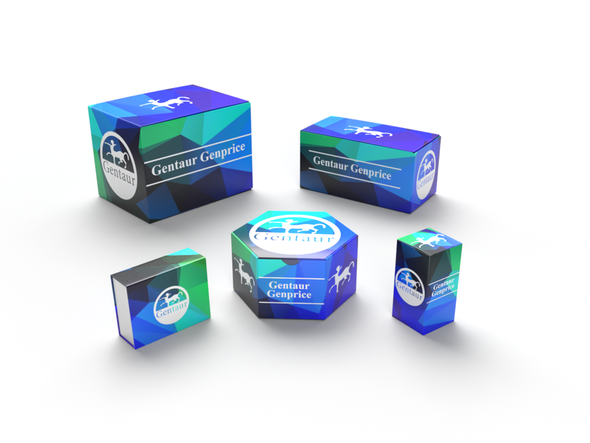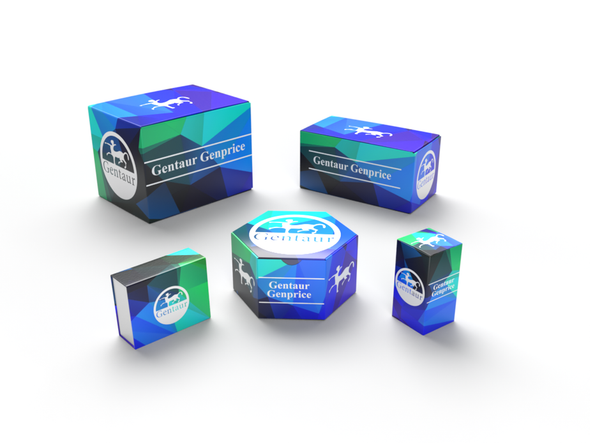Description
AKR7A2 Antibody | 14-342 | Gentaur UK, US & Europe Distribution
Host: Rabbit
Reactivity: Human, Mouse
Homology: N/A
Immunogen: Recombinant fusion protein containing a sequence corresponding to amino acids 100-359 of human AKR7A2 (NP_003680.2) .
Research Area: Neuroscience, Signal Transduction
Tested Application: WB, IHC, IF
Application: WB: 1:500 - 1:2000
IHC: 1:50 - 1:200
IF: 1:10 - 1:100
Specificiy: N/A
Positive Control 1: Mouse kidney
Positive Control 2: Mouse testis
Positive Control 3: Mouse liver
Positive Control 4: N/A
Positive Control 5: N/A
Positive Control 6: N/A
Molecular Weight: Observed: 35kDa
Validation: N/A
Isoform: N/A
Purification: Affinity purification
Clonality: Polyclonal
Clone: N/A
Isotype: IgG
Conjugate: Unconjugated
Physical State: Liquid
Buffer: PBS with 0.02% sodium azide, 50% glycerol, pH7.3.
Concentration: N/A
Storage Condition: Store at -20˚C. Avoid freeze / thaw cycles.
Alternate Name: Aflatoxin B1 aldehyde reductase member 2, 111n11, AFB1 aldehyde reductase 1, AFB1-AR 1, Aldoketoreductase 7, Succinic semialdehyde reductase, SSA reductase, AKR7A2, AFAR, AFAR1, AKR7
User Note: Optimal dilutions for each application to be determined by the researcher.
BACKGROUND: The protein encoded by this gene belongs to the aldo/keto reductase (AKR) superfamily and AKR7 family, which are involved in the detoxification of aldehydes and ketones. The AKR7 family consists of 3 genes that are present in a cluster on the p arm of chromosome 1. This protein, thought to be localized in the golgi, catalyzes the NADPH-dependent reduction of succinic semialdehyde to the endogenous neuromodulator, gamma-hydroxybutyrate. It may also function as a detoxication enzyme in the reduction of aflatoxin B1 and 2-carboxybenzaldehyde. Alternative splicing results in multiple transcript variants.






